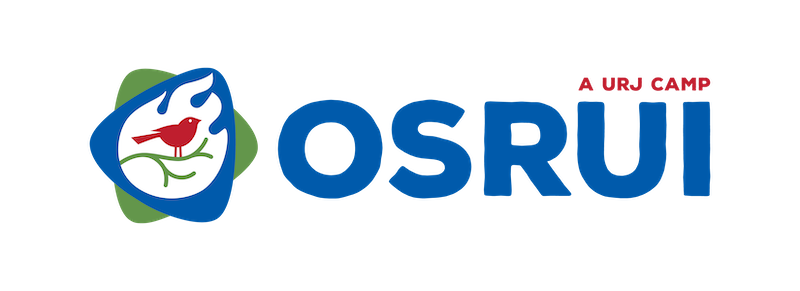Na’aseh v’nishmah, we will do and we will understand. As the Israelites stood at Sinai preparing to receive torah, they replied to the oncoming revelation, Na’aseh v’nishmah—we will do it and we will understand it. They took a leap of faith and, and declared that they would, no questions asked, accept torah and do all that was required of them. They did not ask to see it, read it and feel good about it before they signed on the dotted line.
 Tradition teaches us that one path to knowledge, perhaps the best path, is by trying the act and then figuring out the meaning of the act afterwards. We may do this when we light Shabbat candles for the first time, when we say blessings before we eat, when we join for a Yom Kippur services or when we decide to volunteer in a soup kitchen. We usually do not understand the significance something will have for us until we have experienced it ourselves.
Tradition teaches us that one path to knowledge, perhaps the best path, is by trying the act and then figuring out the meaning of the act afterwards. We may do this when we light Shabbat candles for the first time, when we say blessings before we eat, when we join for a Yom Kippur services or when we decide to volunteer in a soup kitchen. We usually do not understand the significance something will have for us until we have experienced it ourselves.
Here at OSRUI a very special group of teens gathers between their junior and senior years of high school and says na’aseh v’nishmah. They are called Avodah and they are not here as campers but as workers. They are the luggage schleppers, egg scramblers, the carpet vacuumers and floor moppers. These teens are the stable shovelers, the garbage carriers and the toilet plungers. They spend four weeks of their summer engaged in morning-time learning with volunteer rabbis and the afternoons and evenings helping to keep camp running. In the mornings they search for meaning. During their afternoons they act, they do, and perhaps they understand.

The most seemingly profane act in the world, clearing a blocked toilet, becomes a sacred act when it is performed for the sake of community. The Avodahnikim have come to understand through doing that the contributions we make to the communities we hold dear become holy acts and transform those who perform them into holy vessels. Somehow these teens have come to appreciate plunging toilets, perhaps because when they were campers, toilets were unclogged for them, perhaps it is a sense of completion they feel when performing a task with a beginning a middle and end, or perhaps it is simply a sense that what they are doing is useful. How often do our teens get to feel useful? How often do we feel useful? The service of these teens helps camp run and they come to understand through doing that camp could not run without them. The camp is transformed through their work and they are altered by it as well.
Written by Avodah Segel Member, Rabbi Max Weiss, Senior Rabbi of Oak Park Temple in Oak Park, IL
